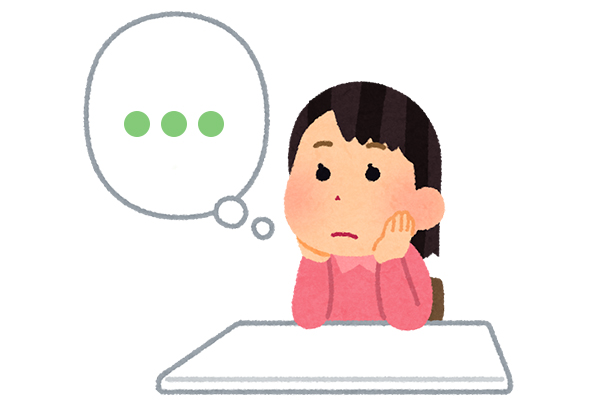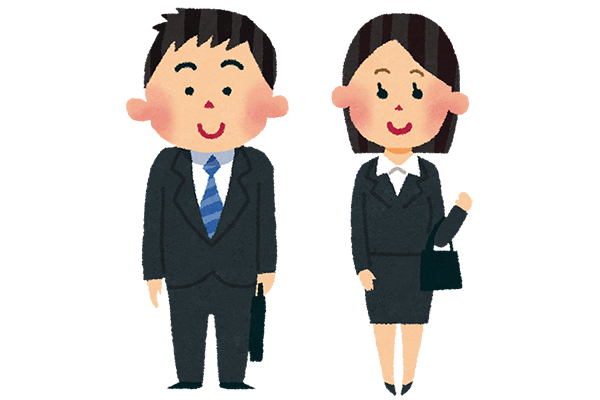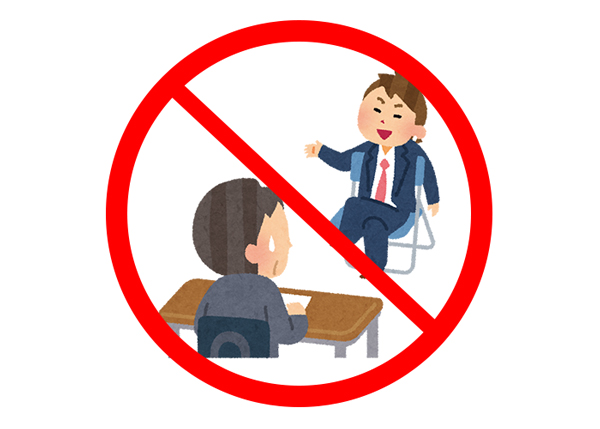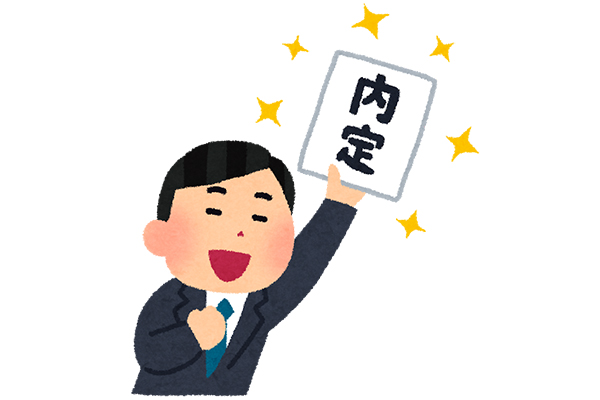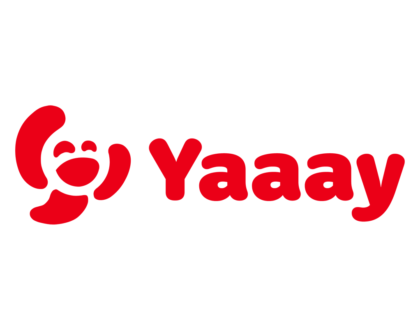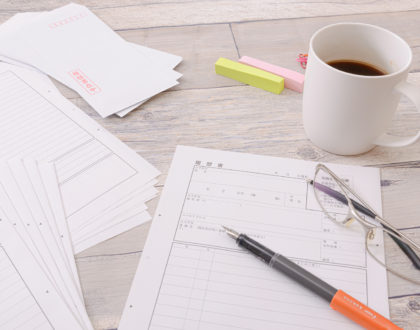How to Pass your Job Interview in Japan
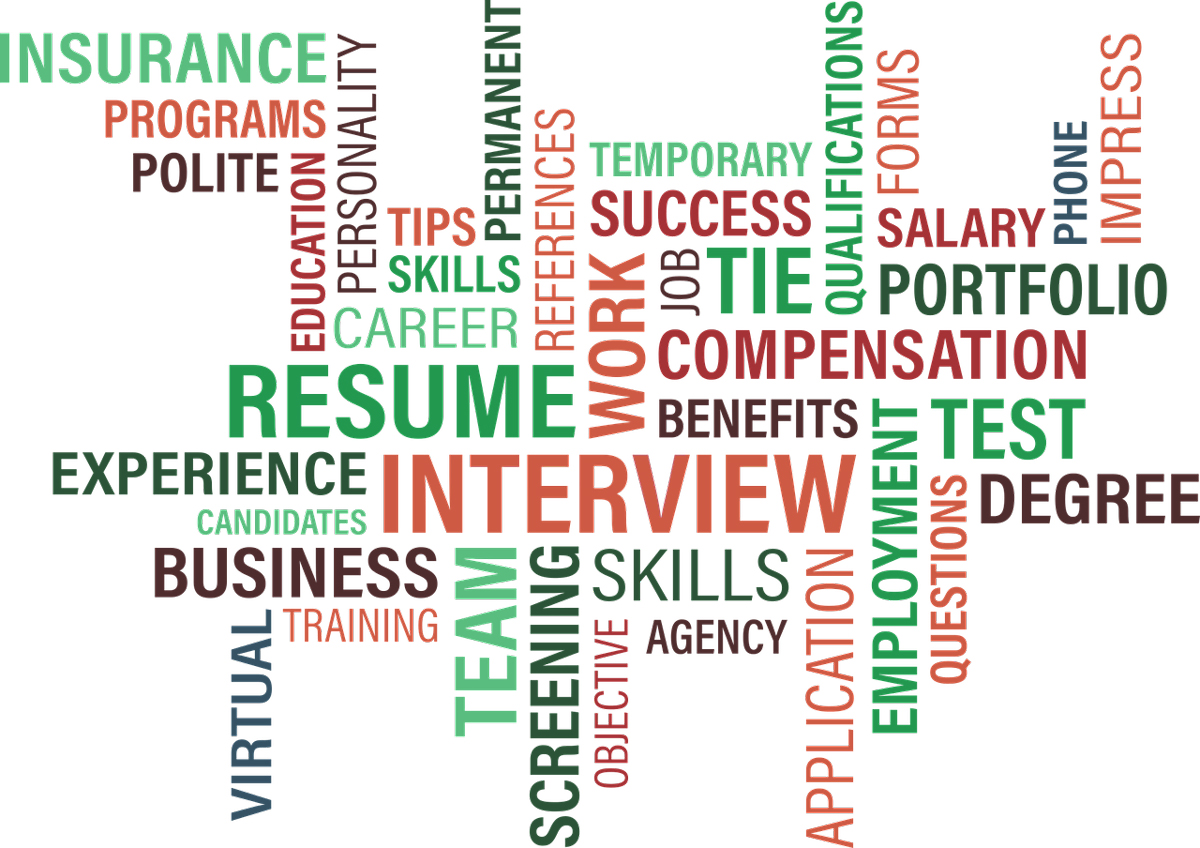
by Madelaine
Qualified, motivated, and ready for the job. But wait, how well-versed are you in the etiquette of Japanese job interviews? From how to take of your coat to giving a concise self-introduction, this article shows you how to interview right and explains what makes or breaks your chances of getting the job in Japan.
コンテンツ
Job Interviews in Japan
At first glance Japanese job interviews may not seem that much different from those in your home country. After attending one or two though, most people change their minds.
Not only are job interviews in Japan a lot longer and more personal, whether you know the Japanese manners often can be more important than your skills or anything else that happens during the interview.
Companies in Japan often don’t only look for someone who can do the job, they look for candidates that fit in the company, and that means knowing manners and how to act politely and considerate.
READ ON 5 strange facts about Japanese job interviews
Even if your interview is today, remember these essentials.
- ✔ Punctuality
- ✔ Neat business appearance
- ✔ Professional attitude
- ✔ Respectful word choice
- ✔ Friendliness
- ✔ Confident, clear voice
Going forward this article focuses on how to master a Japanese Job interview, telling you about the tips and tricks that Japanese students are taught. For general information on company research and more information on the whole job search and preparation process, check here. So let’s take a look at what you need to know for every stage of the Japanese interview process.
Preparing your interview
Company Research
You already know your goals, strengths, and what motivates you. Now, before the interview, you want to find out as much as you can about the company, from products and customers to typical salaries and the competition.
1. Go to their website, check the company’s mission statement, goals, and financial performance.
2. Use secondary information, like analyst ratings, annual reports, media coverage, etc.
3. Try to talk to employees of the company, and if you can’t, look for company reviews online.
READ ON How to write a Japanese resume and other application documents.
Japanese phrases and expressions
Trust me, you don’t want to rely on sudden inspiration when taking a job interview in Japanese, something is almost guaranteed to trip you up.
The opposite, memorizing statements, especially with difficult grammar and vocabulary is just as bad.
While there are some fixed phrases that we will talk about later that you should memorize, in most cases it is best to use your own words during the interview.
Preparing statements for perfect keigo and to show off one’s Japanese skills can be tempting, but it will hold you back during the conversation. Japanese job interviews might be a rather formal affair, but it remains essential to convey your enthusiasm, which is hard when you recite memorized monologues.
What can you do to not end up speechless?
Speak using only grammar and vocabulary you are comfortable with. Using authentic language will make it easier to get your points across and make you more confident.
To show that you get Japanese manners, use polite phrases at the beginning and end of the interview, otherwise, it is fine to talk in simple polite Japanese.
What is the best way to prepare?
Put together a study list of essential polite expressions, relevant vocabulary to talk about your jobs and skills, and other things you would like to remember. Whether you try to write out your answers, use these expressions in conversation, or put them on post-it’s all around your house, make your own before the interview. Here, picking out only keywords and essential phrases is key.
Arriving at the Company
Creased pants for a great entry
First impressions matter. Before approaching the venue, double check your appearance.
Do you wear proper recruit suits, ironed, all buttons closed, and spotless?
Do you look neat? No bed hair, shaving cuts, or faded make up?
READ ON Dress code and style guide for Japanese job interviews.
Just on time
The ideal time to arrive is 10-15 min early. Never be late, but if there is even a possibility that you might run late call your contact at the company as soon as possible and let them know.
To avoid being late, you might arrive way too early. In this case, find a nearby café to wait and use the time to prepare for your interview. Arriving at the venue too early might cause inconvenience to the company and convey a lack of consideration.
First contact
Think of your interview as starting as soon as you enter the building.
Take off your coat and muffler before entering the building, place your coat neatly folded over your arm. Later roll it up and put it on top of your bag.
Inside, approach the receptionist and clearly state your name, university (if it’s a Japanese one), and the reason for your visit. If you know, add the name of your contact and their department, otherwise, leave it out.
本日〇〇時に、〇〇部署の〇〇様と(一次)面接のお約束をさせていただきました。
〇〇大学の〇〇と申します。
Smile, be friendly and make sure to say thank you at the end while bowing slightly (15 degrees). The way you engage with the people at the company is sure to be noticed and will impact your evaluation, so watch out.
Sometimes instead of a receptionist all you will find is a phone (内線電話, ないせんでんわ). In this case, you should have received instructions on who to contact. If you do not know what to do, call your contact person from your own (!) phone to ask for clarification.
While you wait …
When waiting until you are called to the room keep in mind 6 things.
- 1. Their vending machines are not for you!
- 2. Turn your phone off (or airplane mode, no vibrate) and put it in your bag.
- 3. Put your bag at your feet and leave it there.
- 4. Don’t stare or look around, bring company documents to read.
- 5. Be quiet and don’t chat with other candidates while waiting.
- 6. No fiddling, fixing hair or make-up.
Entering the interview room
Opening the door like a native
Someone will lead you to the right room. At the door, remember the follow the Japanese knocking ritual.
- 1. Knock three times and announce yourself with 「しつれいします」.
- 2. Wait for the 「どうぞ」from inside the room.
- 3. Enter the room and close the door quietly.
- 4. Stand by the door, face the interviewers, say 「しつれいします」one more time and bow (30 degree).
Remembering these steps properly is important because most people will judge what kind of person you are in this first moment.
What to do once inside
Walk to your chair, stand next to it, and introduce yourself. A standard phrase you can use here is:
本日はお時間
After you are done bow deeply (45 degree) then stand straight until you are asked to take a seat.
Japanese etiquette also covers the way you are supposed to sit. For the ideal posture sit on the front half of the seat, don’t lean on the back of the chair and sit upright. Keep your legs together and place your hands flat on your legs.
During the Interview
Self-introduction
In almost all cases you will be asked to start from your self-introduction, which should cover the following points.
- 1. University (university, faculty, major)
- 2. Full name
- 3. Specialty or skill
- 4. Project/extracurricular activity and results.
- 5. Reason for application/ appeal of company
Looks like a lot, right? Try to keep it short and sweet within 30-60sec. Your self-introduction could look something like this:
〇〇大学
今後は、〇〇に挑戦
READ ON The most common interview questions in Japan!
Common Interview Questions in Japan
Questions that could be asked at an interview are positively endless. Luckily, most recruiters tend to ask the same standard questions, so as long as you think about them in advance, answering should be a breeze.
At the very least be ready for these ones:
Explain your strength/weakness.
Why are you a good fit for our company? (asking for your 自己(じこ)PR)
Why do you want to work in Japan (and how long do you want to stay here)?
Can you work in a Japanese environment?
READ ON More common job interview questions in Japan and how to answer them
Verbal communication
Throughout the interview keep in mind these 4 things when talking.
Clear voice
Speak loudly with a clear and confident voice. To make sure you clearly convey your strengths and enthusiasm to your listeners, remember to talk naturally, using words you are comfortable with.
Active listening
While someone else is talking, signal that you are listening. A good way to do this is by replying to short questions with a clear yes 「はい」.
Short answers
Keep your answers on topic and talk effectively. As a rule of thumb, you will want to answer most questions in about 30 seconds.
Enthusiasm
Don’t hold back with (sincere) praise for the company. At 44.8% and 35.6% respectively, enthusiasm and how well you fit into the company are among the top factors companies consider when hiring. (Mynavi, 2019).
Essential nonverbals
What is not said is just as important as what comes out of your mouth.
Friendliness
Smiling, positive people are perceived as polite and kind. That’s why, considering the company climate, friendliness is the #1 factor when hiring someone (same Mynavi study). If you don’t smile or come across as cold, then even if you talk in perfect keigo, what you say won’t reach your audience.
Respect
Communicate respectfully through both your actions and your words. It really is about the small things like not talking before the other person has finished speaking, etc.
Eye contact
You will typically be facing a group of interviewers, who all play a certain part, nice, strict, tech guy, etc. Always look the person who asked you something directly in the eye. But also take up occasional eye contact with the other interviewers when appropriate
Posture
Throughout the interview maintain the position you sat down in. Don’t cross arms or legs, don’t squiggle around, and under no circumstances relax your posture.
Leaving the room after your interview
You made it, the interview is almost over. At the end, you will be given an opportunity to ask questions of your own. Once everything is said, you are almost free to leave.
- 1. Get up and stand next to your seat.
- 2. Thank the interviewers for their time and bow deep (45 degree).
「本日ほんじつ はお忙いぞが しい中なか 、お時間じかん を頂いただ き、ありがとうございます。」 - 3. Before opening the door on the way out turn to the interviewers once more.
- 4. Say 「しつれいします」.
- 5. Bow politely (30-45 degree). Mynavi recommends making eye contact once more.
- 6. Leave the room and close the door quietly behind you.
The interview is over, but you are not done yet. After the interview, make sure to send a follow-up message as soon as possible, thanking for the interview.
Also, consider taking notes of questions, answers, and other things you remember from the interview. It will help you for later follow-ups and other interviews.
Checklist: Do’s and Don’ts
- ■ Don’t make negative comments about other companies.
- ■ Don’t make excuses for past things.
- ■ Do ask if you don’t understand something.
- ■ Do show that you are a team player.
- ■ Do answer questions about whether you can do something always positively with a yes or that you are willing to learn.
During the interview relax, and don’t hold back with your enthusiasm for working in Japan and the company where appropriate. Remember that Japanese companies care a lot about your potential and WHO you are as a person, so show them what you want to achieve at their company in the future.
READ ON Why Japanese companies hire based on potential more than skills.
Do you have any other questions not covered yet or experiences to share? Let us know in the comments!

